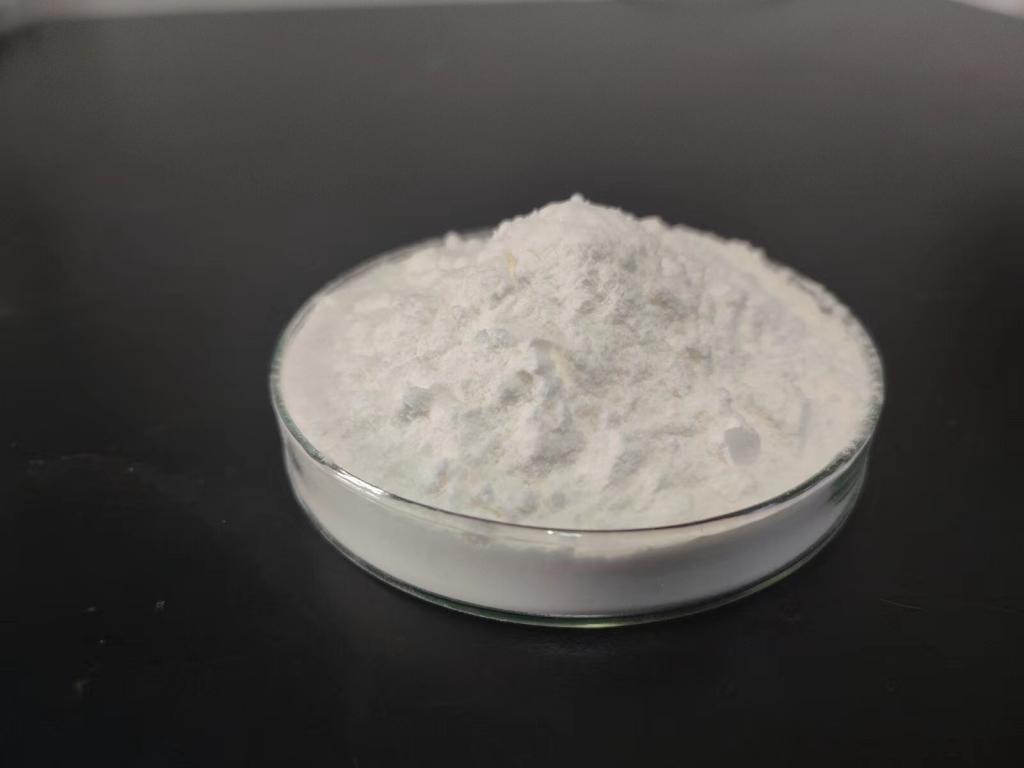Tel:0086 18231198596

News
Current Position:
Home >
News
>Sustainable Approaches in Brewing ε-Polylysine Hydrochloride for Quality Enhancement
Sustainable Approaches in Brewing ε-Polylysine Hydrochloride for Quality Enhancement
TIME:2024-03-15
Understanding Sustainable Brewing
Sustainable brewing encompasses practices that minimize environmental impact, promote resource efficiency, and prioritize social responsibility throughout the brewing process. Key aspects of sustainable brewing include:
Resource Conservation: Optimizing water and energy usage, reducing waste generation, and minimizing environmental footprint through efficient brewing practices.
Ingredient Sourcing: Using locally sourced, organic, and sustainably produced ingredients to support local economies and reduce carbon emissions associated with transportation.
Waste Management: Implementing recycling, composting, and waste reduction strategies to minimize brewery waste and promote circularity in the brewing industry.
Social Responsibility: Supporting community initiatives, promoting diversity and inclusion, and prioritizing employee well-being to foster a positive impact on society.
ε-Polylysine Hydrochloride in Brewing
ε-Polylysine hydrochloride (ε-PL) is a natural antimicrobial agent produced by fermentation of Streptomyces albulus. It consists of a chain of lysine amino acids and exhibits broad-spectrum antimicrobial activity against bacteria, yeasts, and molds. In brewing, ε-PL offers several potential benefits for quality enhancement and sustainability:
Preservation of Wort and Beer: Wort, the liquid extracted from malted grains during brewing, is susceptible to contamination by spoilage microorganisms, which can affect beer flavor and quality. By adding ε-PL to wort, brewers can inhibit microbial growth and prevent off-flavors, ensuring consistent beer quality.
Extended Shelf Life: Beer is perishable and can deteriorate over time due to microbial spoilage and oxidation. Incorporating ε-PL into beer formulations can extend shelf life by inhibiting microbial growth and oxidative reactions, maintaining beer freshness and flavor stability.
Reduction of Chemical Additives: Traditional methods of beer preservation often rely on chemical additives, such as sulfites and preservatives, which may have negative impacts on taste and consumer health. ε-PL provides a natural alternative to chemical additives, allowing brewers to produce high-quality beer with minimal use of synthetic preservatives.
Waste Reduction: By improving beer stability and reducing the risk of spoilage, ε-PL helps minimize beer wastage and loss during production, storage, and distribution. This contributes to resource efficiency and sustainability in the brewing industry.
Impact of ε-Polylysine Hydrochloride on Brewing Quality
Consistency and Uniformity: ε-PL helps maintain microbial stability and control microbial populations during brewing, ensuring consistent fermentation and fermentation kinetics. This results in beer with uniform flavor profiles, aroma characteristics, and sensory attributes, enhancing overall quality and consumer satisfaction.
Flavor Preservation: Microbial contamination and oxidation can lead to off-flavors and undesirable changes in beer taste and aroma. By inhibiting microbial growth and oxidative reactions, ε-PL helps preserve beer flavor and freshness, allowing brewers to achieve desired flavor profiles and maintain product quality over time.
Enhanced Safety: ε-PL's antimicrobial properties reduce the risk of beer contamination by pathogenic bacteria and spoilage microorganisms, ensuring product safety and compliance with food safety regulations. This protects consumers from potential health risks associated with microbial contamination in beer.
Environmental Sustainability: By reducing the need for chemical preservatives and synthetic additives, ε-PL promotes environmental sustainability and reduces the ecological footprint of brewing operations. Its biodegradability and low environmental impact make it a sustainable choice for brewers looking to minimize their environmental footprint.
Challenges and Considerations
While ε-polylysine hydrochloride shows promise for quality enhancement in brewing, several challenges and considerations must be addressed:
Regulatory Approval: The use of ε-PL in brewing may be subject to regulatory approval and compliance requirements in different jurisdictions. Brewers must ensure that ε-PL meets safety and regulatory standards for food additives and processing aids.
Cost and Economics: The cost of ε-PL and its integration into brewing processes may impact production costs and profitability for breweries. Brewers must assess the economic feasibility and scalability of using ε-PL for quality enhancement in brewing operations.
Consumer Acceptance: Consumer acceptance of ε-PL-treated beer may depend on factors such as taste, perception, and labeling. Brewers must communicate transparently about the use of ε-PL and its benefits for beer quality and safety to educate consumers and build trust in the product.
Technical Considerations: ε-PL's effectiveness may vary depending on factors such as dosage, application method, and brewing conditions. Brewers must optimize ε-PL usage and formulation to achieve desired antimicrobial effects without affecting beer flavor, aroma, or sensory characteristics.
Conclusion
ε-Polylysine hydrochloride (ε-PL) offers significant potential for quality enhancement in brewing, providing brewers with a natural, sustainable solution to improve beer stability, flavor preservation, and safety. By inhibiting microbial growth and oxidative reactions, ε-PL helps brewers maintain beer quality and consistency while reducing reliance on chemical additives and preservatives. However, addressing regulatory, economic, and technical challenges is essential for successful integration of ε-PL into brewing processes. By embracing ε-PL and other sustainable innovations, the brewing industry can move towards a more environmentally friendly and socially responsible future.

 CONTACT
CONTACT




